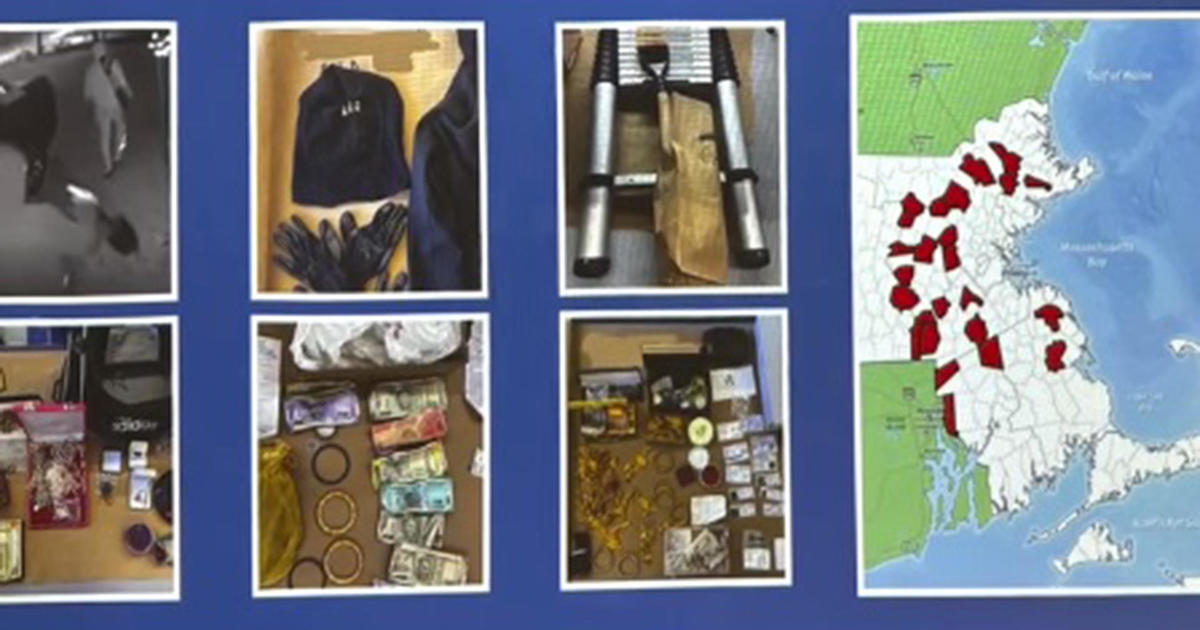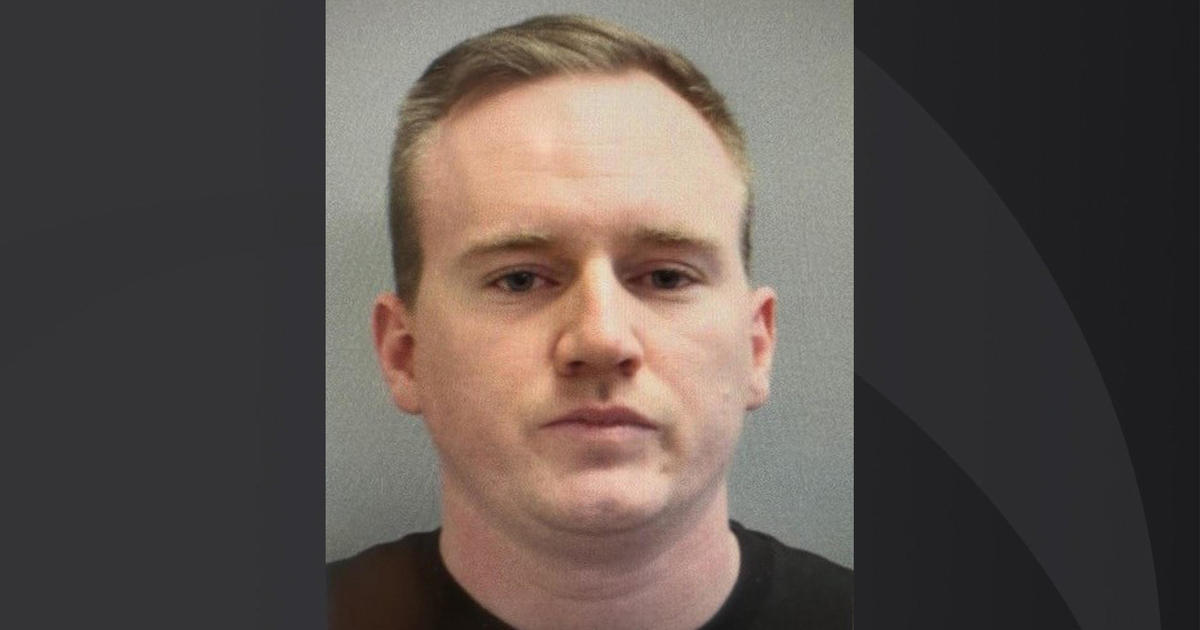Tech Arrested In NH Hepatitis C Outbreak Says He 'Fabricated' His Life
CONCORD, N.H. (CBS/AP) - There are troubling new claims about a man accused of spreading Hepatitis C to patients at a New Hampshire hospital.
A watchdog group says David Kwiatkowski shouldn't have been working at Exeter Hospital in the first place because he didn't have the proper credentials.
Police arrested Kwiatkowski Thursday, saying he infected 30 people when he worked at the catheterization lab at the hospital.
On Friday, the group The Patients Speak said background checks were inadequate.
Dominic Paolini says, "There were no inquiries made about his education, where he worked in the past, had he been involved in any mischief involving drugs at other hospitals."
Casey Crane says, "I believe the president of Exeter Hospital needs to resign immediately or frankly be fired because of the lack of oversight.
The hospital says Kwiatkowski passed a pre-employment drug screening and criminal background check and received references from previous employers saying, "David has been invaluable in helping us get our lab up and running."
Kwiatkowski is currently hospitalized in Massachusetts. Once he is well enough to be released, he will be transferred to New Hampshire to face federal drug charges, said U.S. Attorney John Kacavas, who called Kwiatkowski, 33, a "serial infector" who worked in at least half a dozen states.
WBZ NewsRadio 1030's Lana Jones reports
Podcast
Authorities in at least six states are investigating whether Kwiatkowski, who was a traveling hospital technician, also exposed earlier patients to the liver-destroying disease.
An FBI affidavit said Kwiatkowsi told police on July 2 he first became aware of his own hepatitis C diagnosis in May. Kacavas, however, said there is evidence Kwiatkowski had the liver-destroying disease since at least at least June 2010.
When asked how patients at Exeter contracted it, he said, "You know, I'm more concerned about myself, my own well-being."
Investigators believe Kwiatkowski stole syringes containing fentanyl, a powerful anesthetic more potent than morphine, and injected himself with them. They said he then put another liquid, such as saline, into the syringes, which were later used for patients. They said a search of his vehicle found an empty fentanyl syringe and several needles.
He said he is "not a shooter" and he is scared of needles.
"I did not take any drugs or do any drugs ... and I'm gonna stick to that," he told investigators. When he was told that a syringe bearing a fentanyl label was found in a bag in his vehicle, he said it was not his and suggested that it had been planted by a co-worker.
Kwiatkowski said he "fabricated my life," saying two of the biggest lies he had told were claiming he played baseball at the University of Michigan and that his fiancée had died.
Originally from Michigan, Kwiatkowski worked at Exeter's cardiac catheterization lab from April 2011 through this past May, when he was fired.
"This serial infector has been contained, and the menace he posed to public health and safety has been removed," Kacavas said.
Though state and local health departments aren't required to report such outbreaks to the Centers for Disease Control and Prevention, in a report released in June, the agency said it was notified of 13 outbreaks nationwide between 2008 and 2011. Of those, seven occurred in outpatient facilities; most were traced to unsafe injection practices.
At least two have resulted in criminal charges, however, including a Colorado woman who was convicted of stealing syringes filled with painkillers from two hospitals where she worked and replacing them with used syringes. The syringes were later used on surgical patients, and up to three dozen patients were found to have hepatitis C after being exposed.
Kacavas said New Hampshire is working with the federal Centers for Disease Control and Prevention, law enforcement and departments of public health in other states where Kwiatkowski worked.
"I'm unaware of such a scheme with such reach," he said. "This one has the potential for very far-reaching implications."
According to an affidavit, Kwiatkowski was observed at times leaving the lab sweating profusely and attending procedures on his off days. One witness said he appeared to be "on something." At least once, he was sent home for the day after a colleague told a supervisor that he was unfit to perform medical care, Kacavas said.
Kwiatkowski was what is known as a "traveler," a technician hired by hospitals for temporary stints around the country. In a statement, Exeter Hospital said he underwent drug testing and a criminal background check when he was hired.
"It is deeply disturbing that the alleged callous acts of one individual can have such an impact on so many innocent lives. As a result of his alleged actions, people in our community, who in many cases are the friends and neighbors of the 2,300 people who work here, now face the challenge of a potentially chronic disease," said Kevin Callahan, president and CEO of Exeter Hospital.
The hospital declined to comment further about Kwiatkowski, citing the ongoing investigation.
Hepatitis C is a blood-borne viral infection that can cause liver disease and chronic health issues. Altogether, 31 people, including Kwiatkowski, have tested positive for the same strain of the disease since the investigation began in late May.
(TM and © Copyright 2011 CBS Radio Inc. and its relevant subsidiaries. CBS RADIO and EYE Logo TM and Copyright 2011 CBS Broadcasting Inc. Used under license. All Rights Reserved. This material may not be published, broadcast, rewritten, or redistributed. The Associated Press contributed to this report.)



